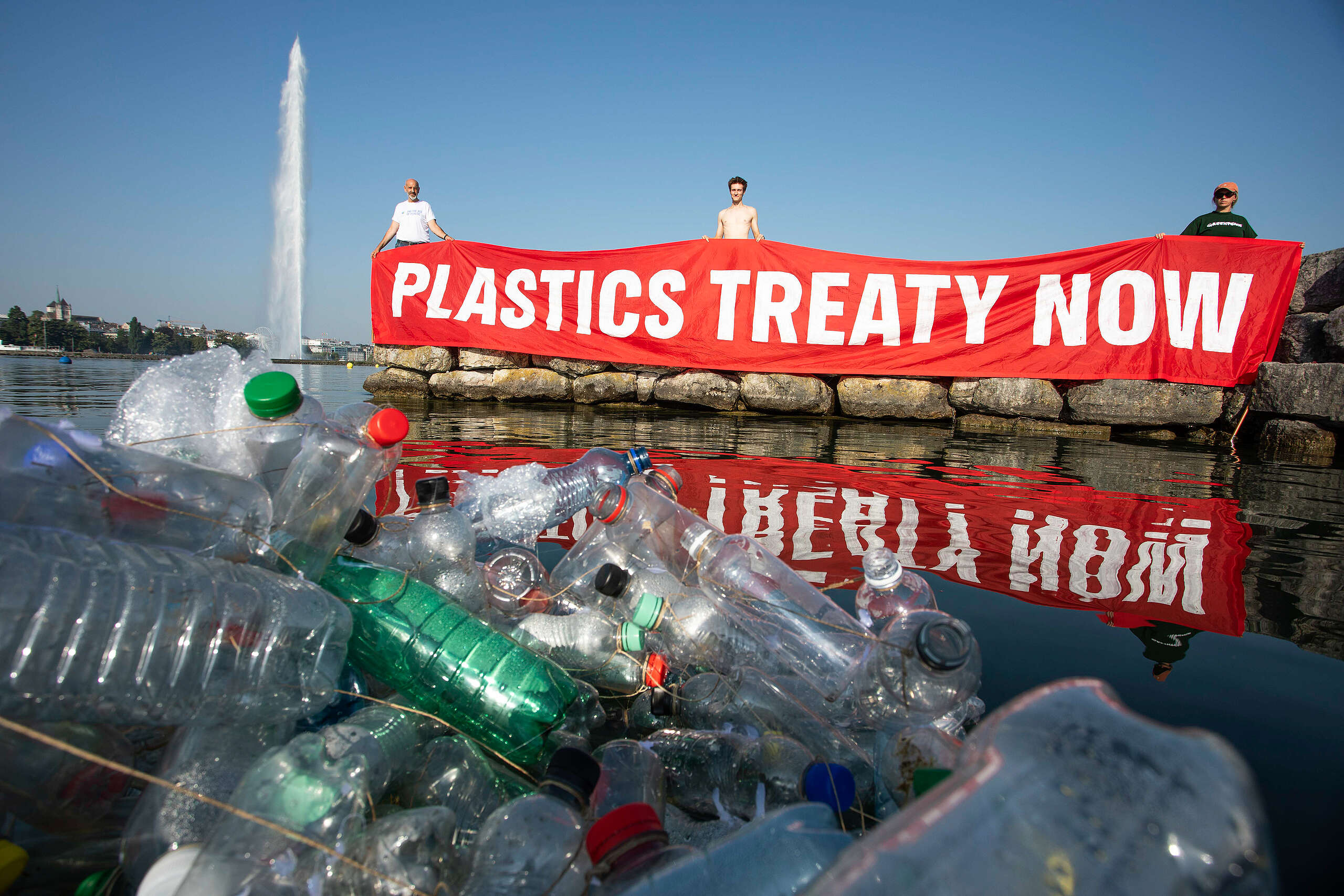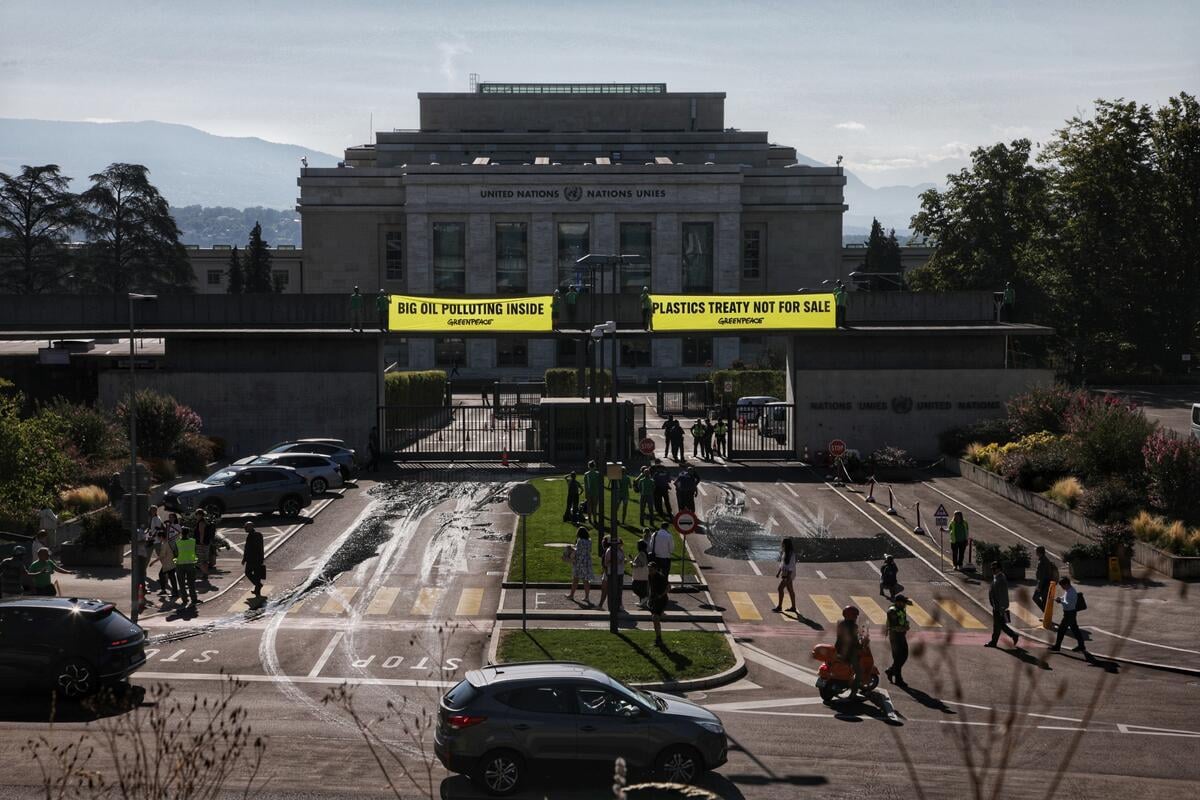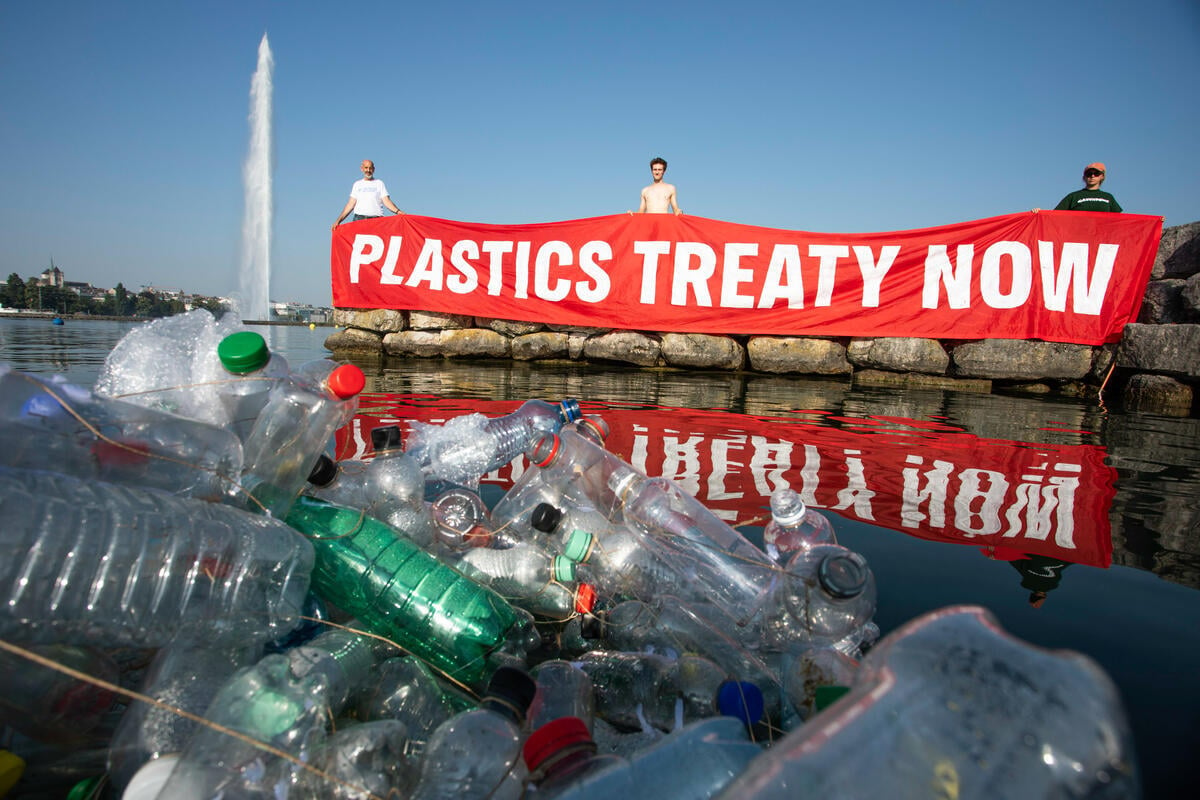Picnic season has started, and so has Plastic Free July! All around the world, people are taking on the month-long challenge to avoid as much single-use plastics as possible. With more than 170 million participants every year, it’s clear that people are motivated to dodge plastic and seek alternatives. However, despite best efforts, it’s extremely hard for most people to avoid plastic products and packaging, so we need to shift the system, and that means urging governments to end the age of plastic once and for all!
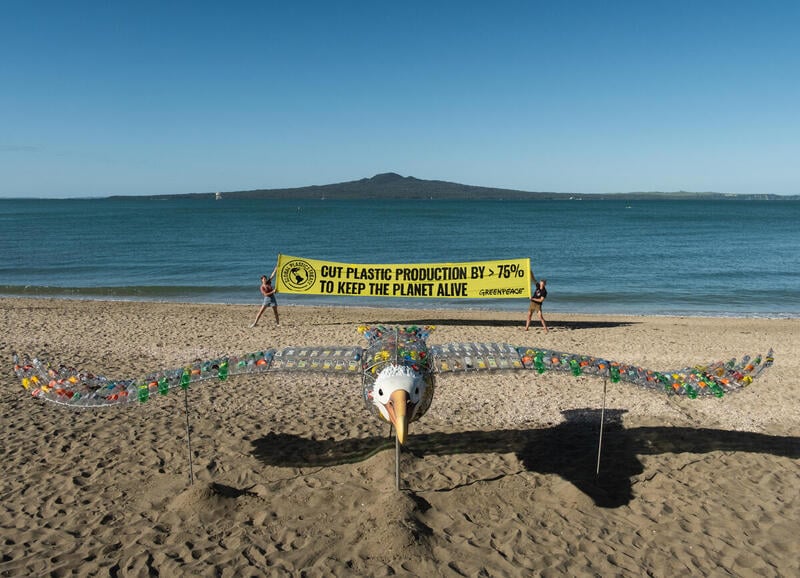
Let’s be honest, we are not responsible for the billions of single-use plastic items pumped into our lives each week. Plastic is everywhere – in the air we breathe, the water we drink, the food we eat and the clothes we wear. We ingest about the equivalent of a credit card of microplastics every week, and these tiny particles of plastic have found their way to our blood and brains. Scientists are only beginning to understand the long-term effects of plastics on our health, but many of the chemicals present in plastic are linked to serious health issues such as endocrine disruption, insulin resistance, decreased reproductive health, and cancer.
That is why this Plastic Free July, we’re demanding action from corporations and governments. We need companies to phase out single-use plastics, stop using harmful chemicals, and roll out accessible reuse and refill systems. Businesses across Canada and the world are championing this change, but the biggest plastic polluters still need the biggest push. Coca-Cola, producing more than 110 billion plastic bottles a year and being the number one polluter of branded plastic found in the environment, recently ditched its goal to increase reusable packaging to 25% of the company’s sales by 2030. And meanwhile, other major global brands have stalled out and even regressed on commitments that were weak to begin with.
People are calling for bold action on plastic pollution: over 70% of Canadians are in favor of cutting plastic production, while as many as 8 out of 10 support a transition away from single-use plastic packaging to reusable and refillable packaging. Nearly 90% want the federal government to get toxic chemicals out of plastic products, and more than 8 out of 10 support Canada-wide action on plastic pollution.
As Canada is preparing for the last round of negotiations for a Global Plastics Treaty in Geneva, Switzerland, next month, we are hoping that our voices are being heard: we need a treaty that cuts production, phases out single-use plastics, eliminates harmful chemicals and products, and advances reuse-based solutions while centering human rights and respecting Indigenous Rights and Knowledge. This is a once-in-a-generation opportunity to stop plastic pollution and protect our health, our rights, our communities, our biodiversity and our climate. Let’s not waste it.
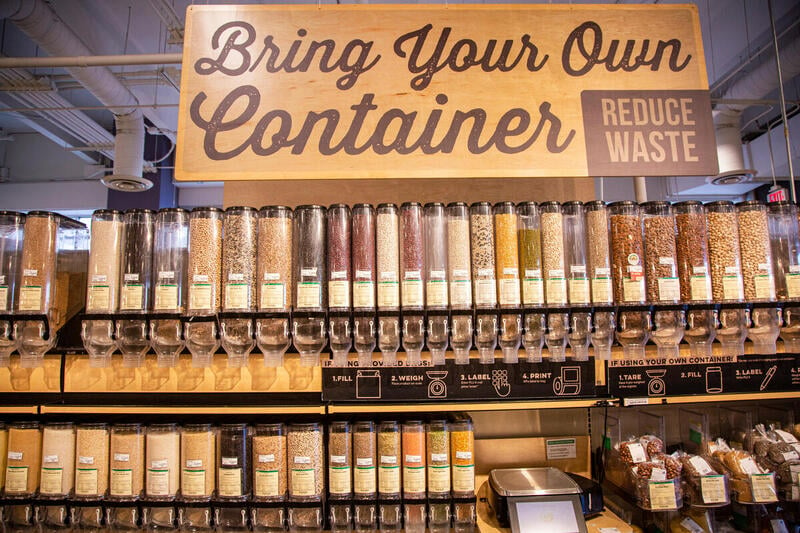
We have the solution to plastic pollution: turning off the plastic tap and speeding up a shift to a healthier, reuse-based future. Last month, a study found that plastic bag policies can lead up to 47% reduction of bag litter on shorelines. A 50% increase in refillables in coastal countries could reduce the number of waste PET bottles entering the ocean by 86%. Major brands and supermarket chains are coming together to test a city-wide reuse system in Ottawa, offering hope for more accessible reuse solutions. And these are just a few examples that help us envision a plastic-free future for all. But to make that reality, we need a strong Global Plastics Treaty. So this Plastic Free July, let’s call on the Canadian government to secure a strong treaty that will help us to live sustainably… every day of the year!
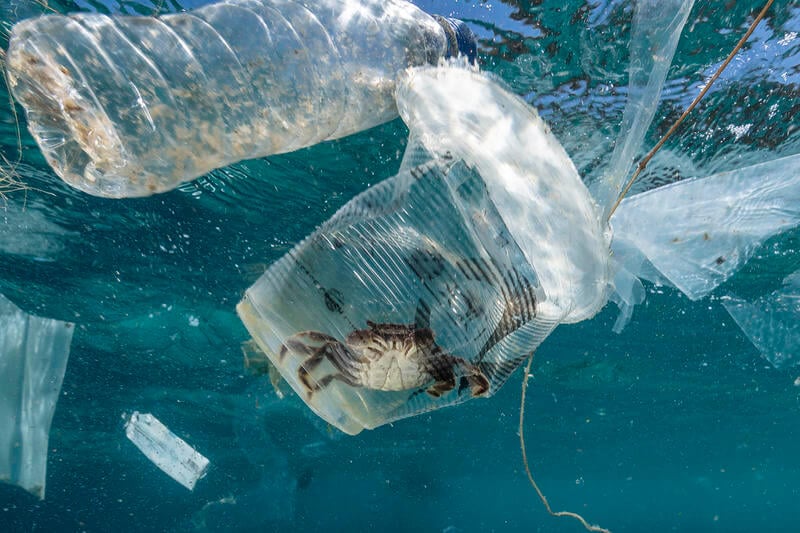
If world leaders get it right, a strong Global Plastics Treaty has the potential to end the age of plastic – for good. Join the campaign now!
Take action
